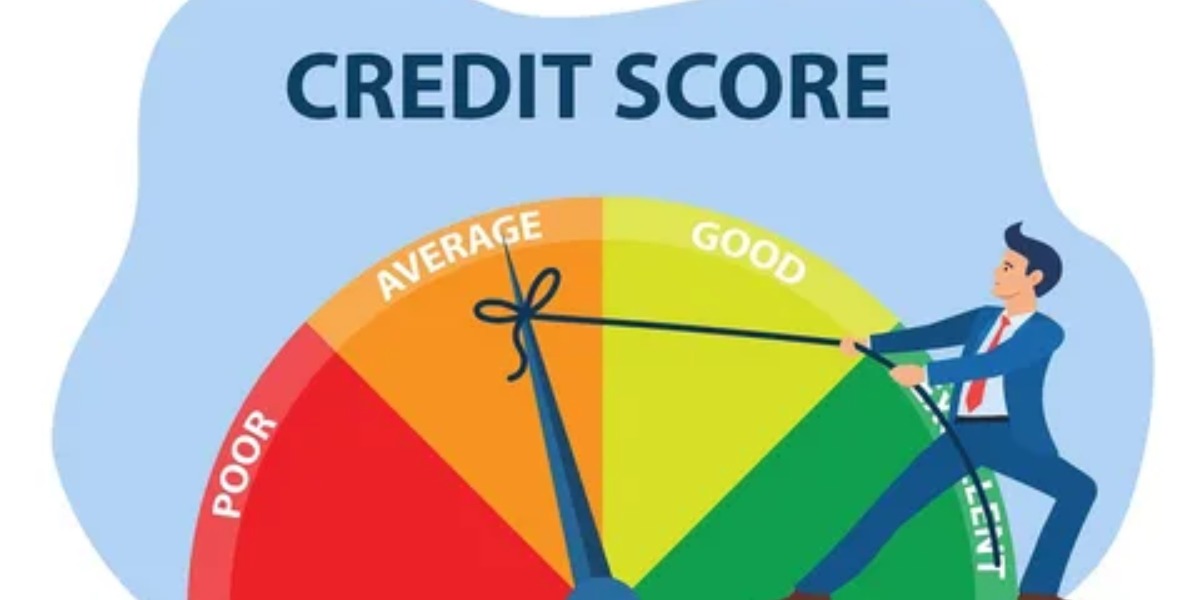Credit Scores and Mortgage Rates
In the realm of home buying, one of the most crucial factors influencing your mortgage rate is your credit score. Understanding how credit scores impact mortgage rates is essential for anyone looking to purchase a home in Canada. In this article, we’ll delve into the relationship between credit scores and mortgage rates, providing valuable insights on securing the best rates possible.
Understanding Credit Scores
Before delving into mortgage rates, it’s important to grasp what credit scores are. A credit score is a numerical representation of your creditworthiness, indicating to lenders how likely you are to repay borrowed money. In Canada, credit scores typically range from 300 to 900, with higher scores indicating better creditworthiness.
Importance of Credit Scores in Mortgage Rates

Credit scores play a pivotal role in determining the mortgage rate offered to borrowers. Lenders use credit scores as a risk assessment tool, with lower-risk borrowers typically qualifying for lower mortgage rates. This means that individuals with higher credit scores are more likely to secure favorable mortgage terms.
Factors Affecting Mortgage Rates
While credit scores significantly influence mortgage rates, other factors come into play as well. These include the size of the down payment, the type of mortgage, the current economic climate, and prevailing interest rates. However, credit scores remain a primary determinant of the rate offered to borrowers.
Credit Score Ranges in Canada

In Canada, credit scores are categorized into different ranges, each reflecting varying levels of creditworthiness. Generally, scores above 750 are considered excellent, while scores below 600 may be deemed poor. Borrowers with scores in the higher ranges typically qualify for the best mortgage rates.
Impact of Credit Scores on Mortgage Approval
In addition to affecting mortgage rates, credit scores also influence mortgage approval. Lenders may be more inclined to approve mortgage applications from individuals with higher credit scores, as they pose lower repayment risks. However, borrowers with lower credit scores may still qualify for mortgages, albeit at higher interest rates.
How to Check Your Credit Score

Before applying for a mortgage, it’s crucial to know your credit score. You can obtain your credit score from various credit bureaus in Canada, such as Equifax and TransUnion. Regularly monitoring your credit score allows you to identify any discrepancies and take steps to improve it if necessary.
Improving Your Credit Score for Better Mortgage Rates
If your credit score is less than optimal, there are several strategies you can employ to improve it. These include paying bills on time, reducing debt, keeping credit card balances low, and avoiding new credit inquiries. Improving your credit score can potentially lead to better mortgage rates and terms.
Shopping Around for Mortgage Rates

When seeking a mortgage, it’s advisable to shop around and compare rates from different lenders. While banks are a common choice for mortgages, don’t overlook mortgage brokers and credit unions, as they may offer competitive rates and more personalized service.
Working with Mortgage Brokers
Mortgage brokers act as intermediaries between borrowers and lenders, helping you find the best mortgage options tailored to your needs. They have access to a wide range of lenders and can negotiate on your behalf to secure favorable rates and terms. Working with a mortgage broker can streamline the mortgage application process and potentially save you money.
Comparing Mortgage Options

Before committing to a mortgage, carefully evaluate your options. Consider factors such as interest rates, loan terms, prepayment penalties, and repayment flexibility. Opting for a mortgage that aligns with your financial goals and budget is crucial for long-term financial stability.
Tips for Maintaining a Good Credit Score
Once you’ve secured a mortgage, it’s important to maintain a good credit score to ensure continued financial health. This entails responsible credit management, such as making timely payments, avoiding excessive debt, and regularly monitoring your credit report for inaccuracies.
Securing the Best Mortgage Rate in Canada

In your credit score plays a significant role in determining the mortgage rate you qualify for in Canada. By understanding the factors that influence mortgage rates, regularly monitoring your credit score, and employing strategies to improve it, you can increase your chances of securing the best mortgage rate possible. Remember to shop around, consider various mortgage options, and work with reputable professionals to navigate the home buying process successfully. With careful planning and prudent financial management, you can achieve your homeownership goals while securing favorable mortgage terms.
Click here for more visited Posts!




